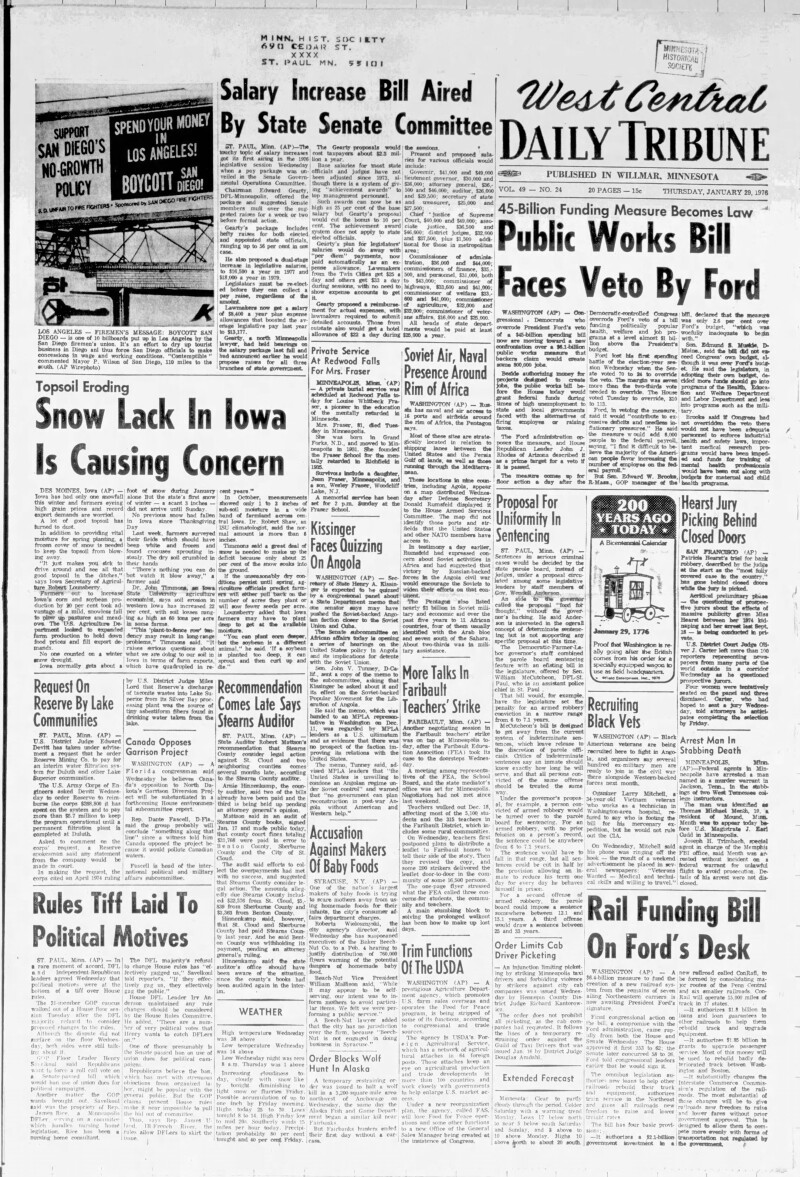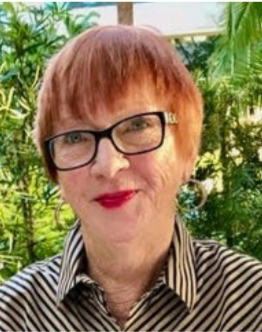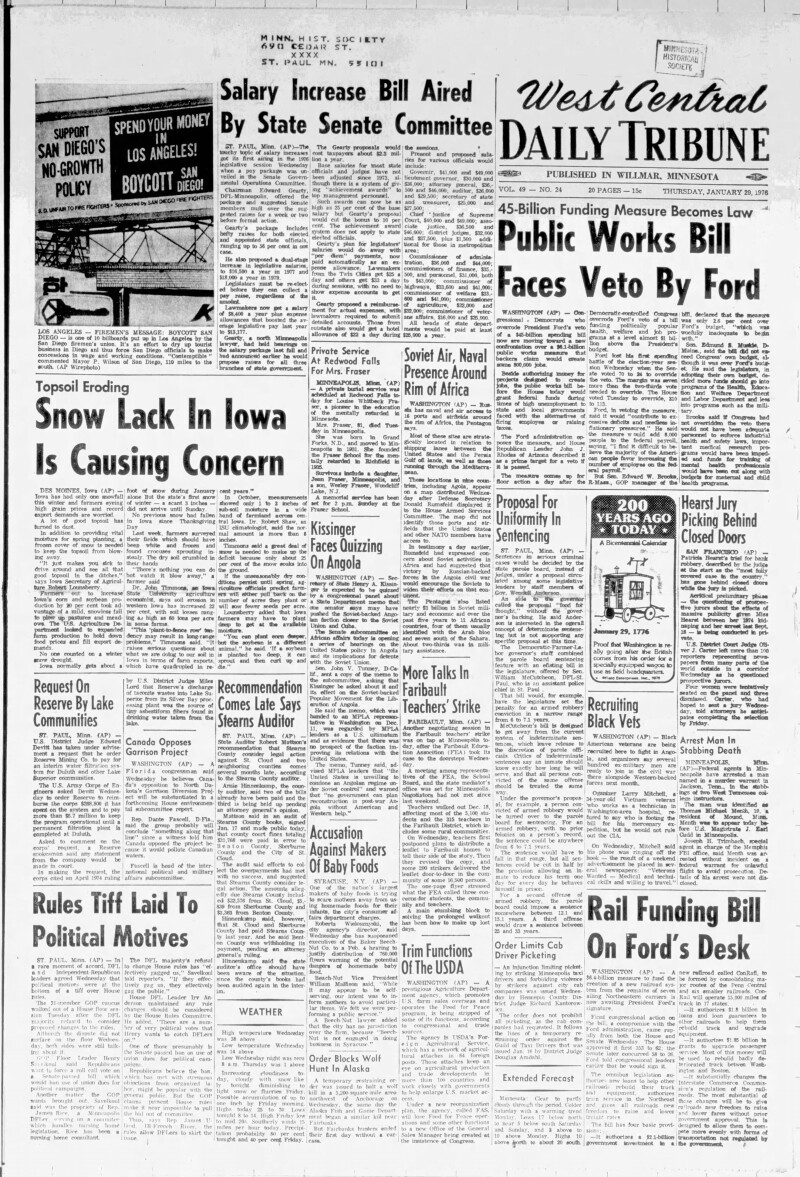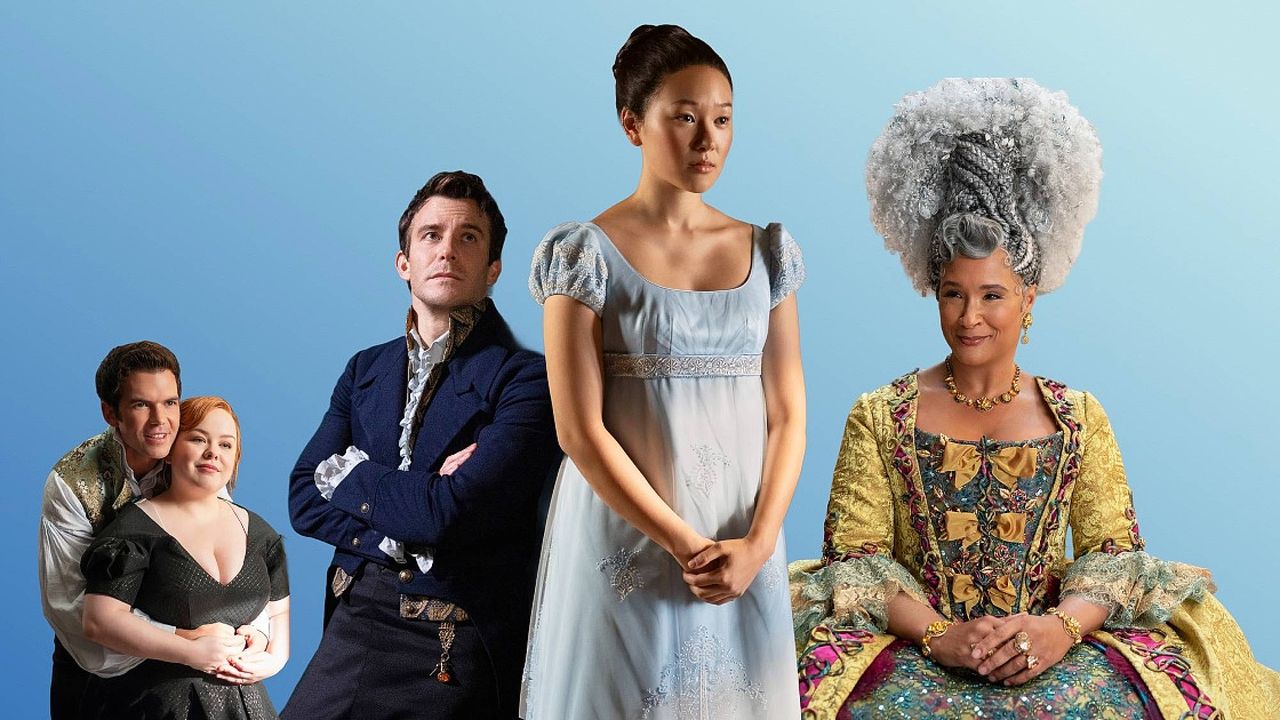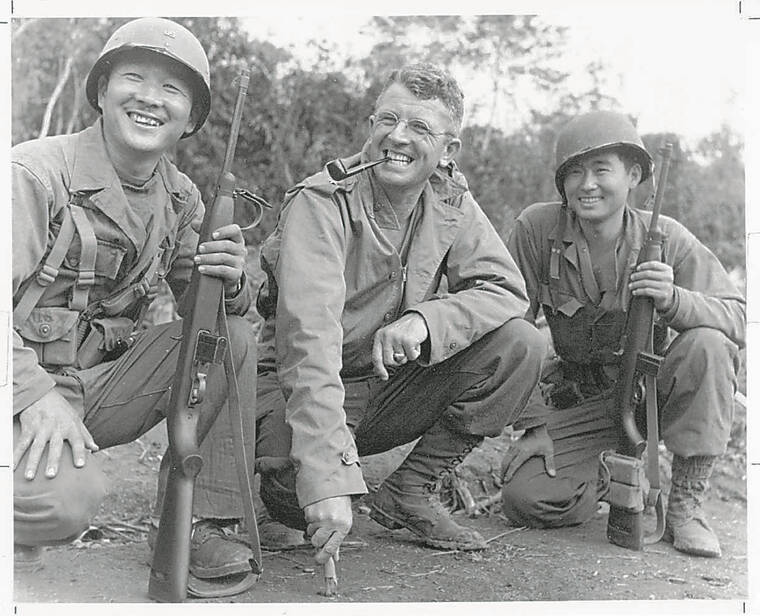
The Japanese government has recognized three organizations in Hawaii for their significant contributions to preserving the legacy of nisei veterans and fostering goodwill between the United States and Japan. Announced by the Japanese Ministry of Foreign Affairs, this honor comes 80 years after the conclusion of World War II. The recipients of this year’s Foreign Minister’s Commendations include the 100th Infantry Battalion Veterans, the 442nd Legacy Center, and the Military Intelligence Service Veterans of Hawaii.
Japanese Consul General Yoshinori Kodama nominated the organizations, which will be formally honored in a ceremony later this year. According to the consulate’s official statement, these groups have played a vital role in preserving and sharing the history of Japanese Americans in the United States. Their efforts have contributed to improving the status of Japanese Americans and have significantly deepened mutual understanding and friendly relations between Japan and Hawaii, and by extension, between Japan and the United States.
Kathi Hayashi, president and education chair for the 100th Infantry Battalion Veterans, emphasized the importance of the commendation, stating, “This is very significant to us because it honors 80 years of work by our members to foster healing, promote peace, and collaborate toward mutual understanding and aloha between Japan and the United States.”
The legacy of nisei veterans is particularly poignant given the historical context of their service. Following the surprise attack on Pearl Harbor on December 7, 1941, Japanese Americans faced intense suspicion and persecution. Many were classified as “enemy aliens,” leading to the internment of thousands in camps across the country. Despite this adversity, numerous nisei, or second-generation Japanese Americans, chose to serve in the U.S. military, fighting valiantly in Europe and supporting intelligence operations in the Asia-Pacific region.
The 100th Infantry Battalion, primarily composed of Japanese American soldiers, was formed when commanders segregated them from the rest of the Army due to concerns over their loyalty. Known informally as the “One-Puka-Puka,” the battalion engaged in fierce battles in Italy. Their bravery was widely reported, leading to the battalion being dubbed the “Purple Heart Battalion.”
The media coverage of their courage helped pave the way for the formation of the 442nd Infantry Regiment, which included nisei troops from both Hawaii and the mainland. The 442nd has since earned a reputation as the most decorated combat unit in U.S. Army history, reflecting their extraordinary contributions during World War II.
In parallel, nisei soldiers were recruited into the Military Intelligence Service to leverage their unique linguistic and cultural skills. Despite skepticism from some military commanders, nisei troops proved invaluable for their ability to translate enemy communications and conduct interrogations. This expertise was crucial during the post-war occupation of Japan, where they assisted in the country’s rebuilding efforts.
After returning from the war, veterans of the 442nd also contributed to post-war reconciliation, raising funds for communities affected by the conflict in Japan. Over the decades, Japanese American veterans have continued to be pivotal in shaping the evolving relationship between the US and Japan, as former adversaries transformed into close allies.
Though only a small number of surviving veterans remain today, their families are actively involved in preserving their legacies. Hayashi expressed renewed commitment, stating, “This commendation means so much, and we feel even more passionate to work together towards peace and understanding.”
Earlier this year, the U.S. Army faced backlash in Hawaii after removing online content related to nisei veterans as part of a broader initiative to refresh digital material. Defense Secretary Dan Driscoll later acknowledged that some of these deletions were not intended, emphasizing the importance of diverse backgrounds and experiences within the military.
Driscoll noted, “Having an Army that includes individuals with deep knowledge of the world’s cultures is an advantage, especially in Asia and the Pacific.” He reinforced the need for a mix of experiences and talents to effectively build and maintain a robust military force.
As the recognition of these organizations unfolds, it serves as a reminder of the enduring legacy of nisei veterans and the ongoing journey towards understanding and reconciliation.
